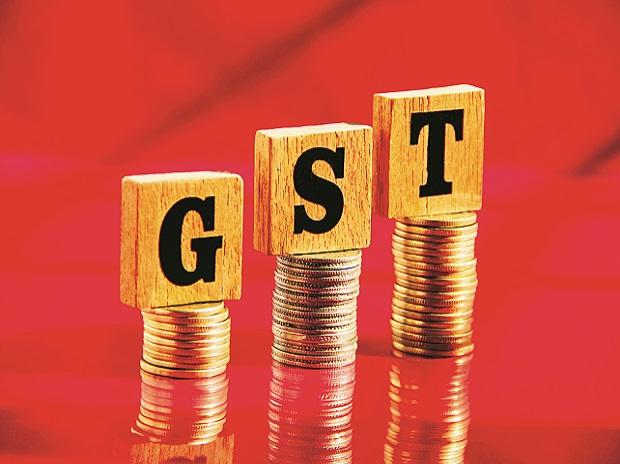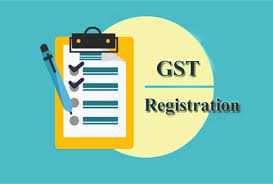GST collections in December gained support from higher festive season sales along with the rollout of new technological systems of e-invoicing and action against tax evaders.
Goods and Services Tax (GST) collections in December (for sales in November) rose 11.6 per cent year-on-year to Rs 1,15,174 crore, the highest level since the July 2017 rollout of the indirect tax regime.
The Finance Ministry said this has been the highest growth in monthly revenues in the last 21 months. “This has been due to the combined effect of the rapid economic recovery post-pandemic and the nationwide drive against GST evaders and fake bills along with many systemic changes introduced recently, which have led to improved compliance,” it said.
The trend so far
Following the outbreak of Covid-19 pandemic, GST revenue collections had been posting a contraction and was at a lower level than the previous year. The GST revenue collections remained in negative territory for the first five months of this financial year, with a record low collection of Rs 32,172 crore in April, following the lockdown in the country in the wake of the Covid-19 pandemic.
With the opening up of the economy and resumption of economic activities, GST revenues started to pick up since September. December marked the fourth month in which GST revenue collections have posted a year-on-year growth. The increase in percentage terms is also aided partly by a low base effect.
The reasons for the uptick
GST collections in December (for sales in November) gained support from higher festive season sales on account of Diwali in November along with the rollout of new technological systems of e-invoicing and action against tax evaders.
Tax experts noted that the government should provide a breakup of the GST revenues collected through the filing of returns and through recovery drives by the GST authorities to help in assessing the true picture of the extent of economic recovery.
The proposed extension of electronic invoicing to all businesses will further prevent leakages in GST revenues.
Under GST laws, e-invoice for B2B transactions has been made mandatory for companies with turnover of over Rs 500 crore from October 1 last year. It was notified to be extended to businesses with over Rs 100 crore turnover from January 1 this year and is likely to be extended for all businesses beginning April 1.
E-invoicing system is connected to a central portal that receives and validates invoices in real-time and over time will eventually replace the e-way bill system. It has been seen as a major game-changer to curb tax evasion and plug leakages, which in turn, may not even necessitate an urgent rollout of the proposed new GST return-filing system that may have resulted in a fresh start for tax assessees under the indirect tax regime.
Source: indianexpress.com
Read quality articles on GST authored by national level experts on the one and only exclusive GST portal CLICK HERE
***
Subscribe our portal and get FREE GST e-books , articles and updates on your e-mail.
Resolve your GST queries from national level experts on GST free of cost.
TW Editorial Team comprises of team of experienced Chartered Accountants and Advocates devoted to spread the knowledge of GST amongst the various stakeholders.




